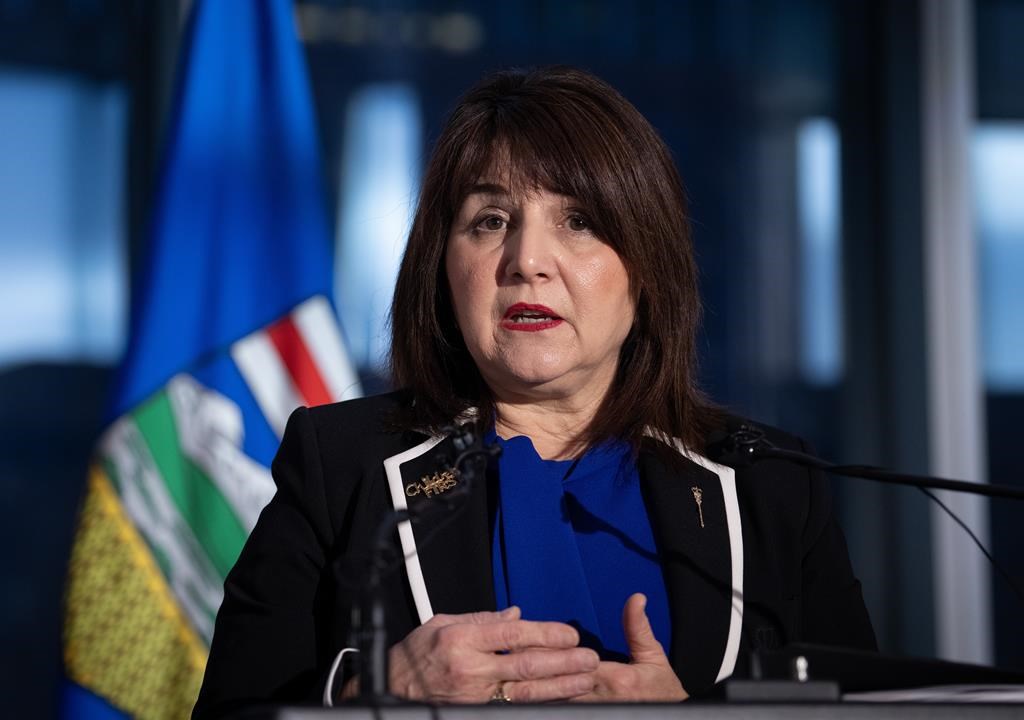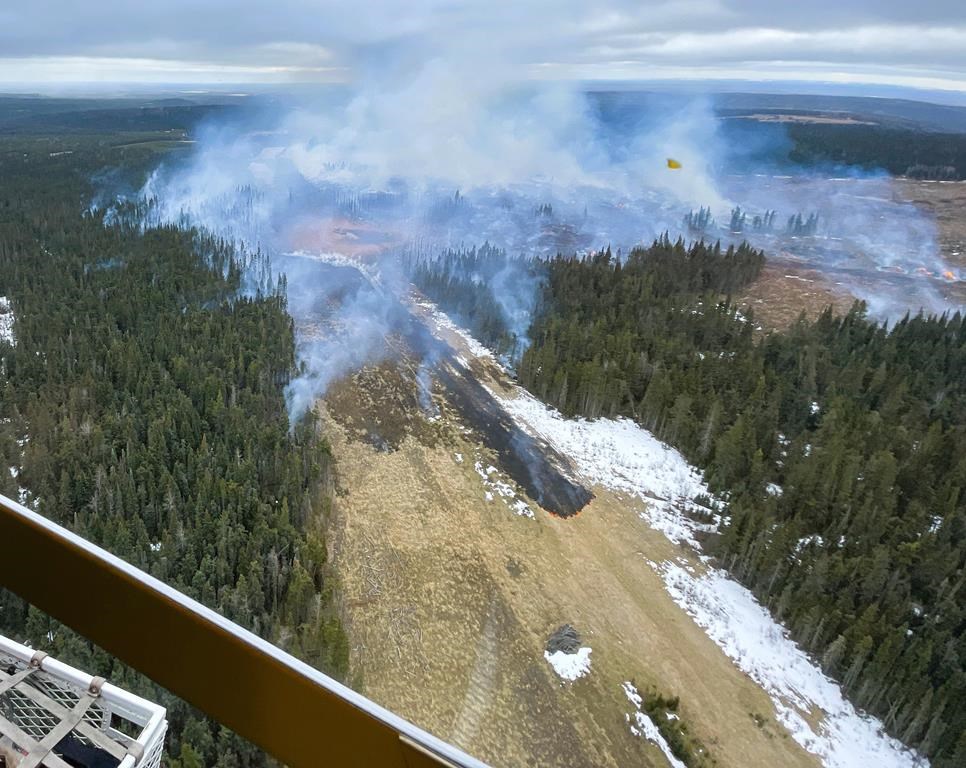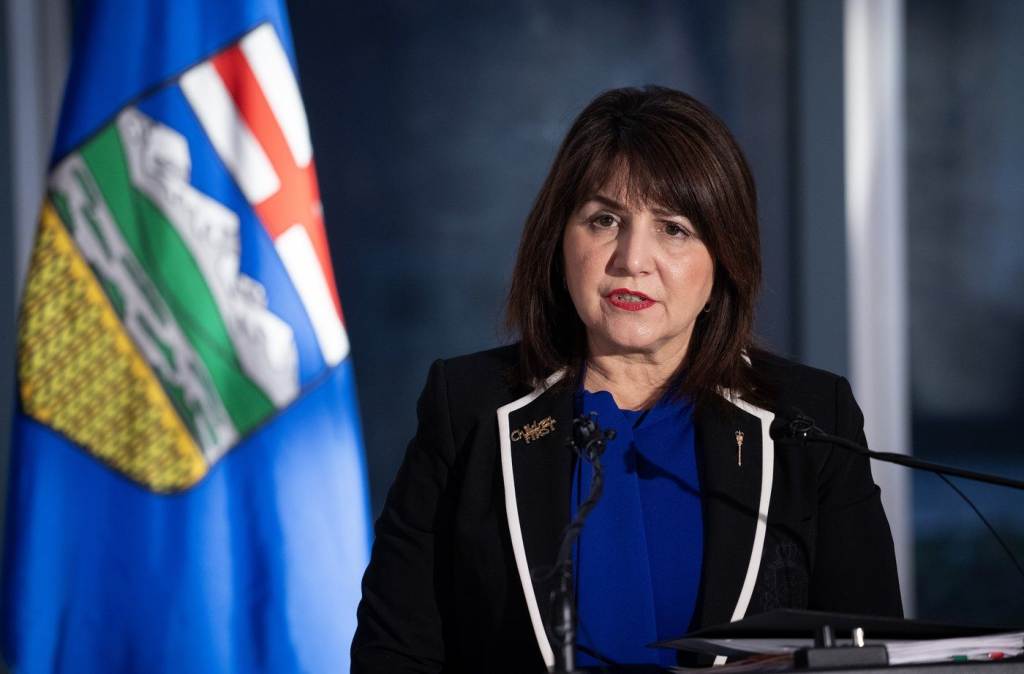Nearly half of Canadian hospitals not equipped to examine sex assault victims: advocacy group
Posted March 5, 2021 3:15 pm.
Last Updated March 5, 2021 4:34 pm.
MONTREAL – Survivor-led organization She Matters has exposed how hospitals across Canada are ill-equipped to examine sexual assault victims.
The group says an alarming number of hospitals do not have rape kits or nurses or physicians trained to examine victims.
“Many hospitals and healthcare centres are not trained on the process of conducting sexual assault evidence collection. In addition to this, we’ve also found that many provincial and territorial governments felt that their current system was adequate and therefore they were not equipping hospitals and health centres across Canada,” said Jacqueline Villeneuve-Ahmed, Founder and Executive Director of She Matters.
Last year, She Matters collected data from 700 hospitals and health centres across the country.
It found 41 per cent did not have sexual assault evidence kits on site, even though according to the World Health Organization, one in three women will experience sexual violence in their lifetime and 11 million Canadians have been physically or sexually assaulted since the age of 15.
An online petition to get kits in more hospitals was started by a Quebec rape survivor, who says that when she went to a hospital after she was attacked in February 2017, she was told they didn’t have any sexual assault evidence kits.
Three years later, the She Matters report found that 43 per cent of hospitals and health centres in Quebec were not equipped with these kits, while 52 per cent did not have them in Manitoba, 45 per cent in Alberta, and 30 per cent in B.C.
“The accountability gets passed around from hospitals saying that essentially they look to the government as to what the requirements are for what is required in a hospital setting. And then the government is saying, their messaging is, essentially, that the hospital is required to obtain these kits if that’s a service that they want to provide,” said Jasmine Choy, a board member with She Matters.
“We did bring this to the attention of Minister Monsef of Women and Gender Equity in 2019, and no study was then conducted by the federal government which is why it took a group of survivors to go through the process of conducting over 700 calls to health centres and hospitals.”
“No one is willing to act when it comes to this and no one is being held accountable to require these kits,” said Choy.
When a hospital or health centre is not equipped with rape kits, the RCMP must be involved to access a kit or survivors must commute to the nearest hospital where they are available. That could be hundreds of kilometres away and can severely deter a survivor from continuing their search for healthcare and justice.
Statistics Canada estimates that approximately 91% of sexual assaults are never reported.
“It’s important that we note the sort of correlation between a survivor trusting the medical examination process and the forensic evidence process when a law enforcement officer actually has to bring the kit there. And it really takes away that step as well for a survivor to choose if they want to report right away,” said Villeneuve-Ahmed.
“You would just feel unimportant if you went somewhere and they weren’t able to give you the services that you require–especially when it’s something that we assume should be something available,” said Choy.
“We know first hand the impact that being told you will not be able to undergo a sexual evidence examination in order to access justice more effectively, and how that would impact your sense of self-worth and your sense of even am I worthy of accessing justice in the first place,” said Villeneuve-Ahmed.
She Matters says survivors can go on the organization’s website to see which hospitals near you offer sexual evidence examinations with the proper kits.








